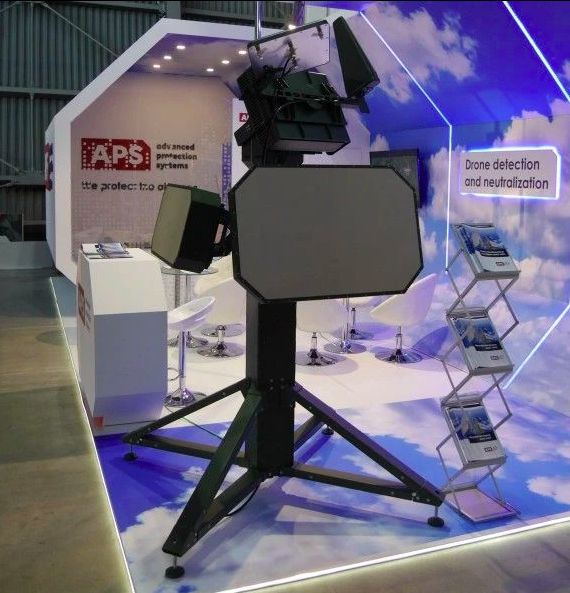Rwanda has recently enhanced its aerial defense capabilities by acquiring anti-drone systems from Poland, marking a significant move in the African continent’s defense strategy. This acquisition includes the SKYctrl and FIELDctrl systems, developed by Advanced Protection Systems (APS), a Polish company renowned for its drone countermeasure technology. These systems are designed to detect, track, and neutralize drones, reflecting Rwanda’s commitment to bolstering its security against aerial threats.
The SKYctrl and FIELDctrl systems have been rigorously tested and approved by the Center for the Protection of National Infrastructure (CPNI) in the United Kingdom, showcasing their reliability and effectiveness. They have found applications across the globe, serving security forces, military units, and critical infrastructure in Europe, the Middle East, Asia, and Africa to protect against drone attacks.
Rwanda is not the first African nation to adopt Polish-made drone countermeasures. In April 2022, APS entered into an agreement with the Special Forces of Côte d’Ivoire to supply FIELDctrl 3D MIMO radars, enhancing the Ivorian military’s surveillance and operational capabilities. This underscores a growing trend among African countries to adopt advanced technologies for national security purposes.
APS, established in 2015, is at the forefront of anti-drone technology globally. Headquartered in Gdynia with a research and development center in Warsaw, the company has positioned itself as a leader in drone countermeasure solutions.
The purchase of SKYctrl and FIELDctrl systems by Rwanda signifies the increasing demand and importance of drone countermeasures in Africa. It also highlights Rwanda’s proactive approach to enhancing its defensive capabilities against drone threats. This move comes shortly after President Andrzej Duda of Poland visited Rwanda, during which high technology and environmental protection agreements were signed. The discussions also covered cooperation in energy, urban infrastructure, agriculture, construction, and cybersecurity. Although military agreements were not publicly disclosed, this acquisition might reflect the broader scope of Rwanda-Poland collaboration.
The context of Rwanda’s acquisition is further complicated by the ongoing conflict in the eastern Democratic Republic of Congo (DRC), where Rwanda is accused by the United Nations and Western countries of supporting the M23 rebel group against the Congolese government. The DRC has reportedly purchased CH-4 drones from China, which have been used in combat in the region, with significant impacts on the M23 leadership. Although independent verification is lacking, the M23 claims to have shot down two FARDC CH-4 drones. The UN recently accused Rwanda of firing at one of its drones, missing it with a missile from an armored vehicle.
































































